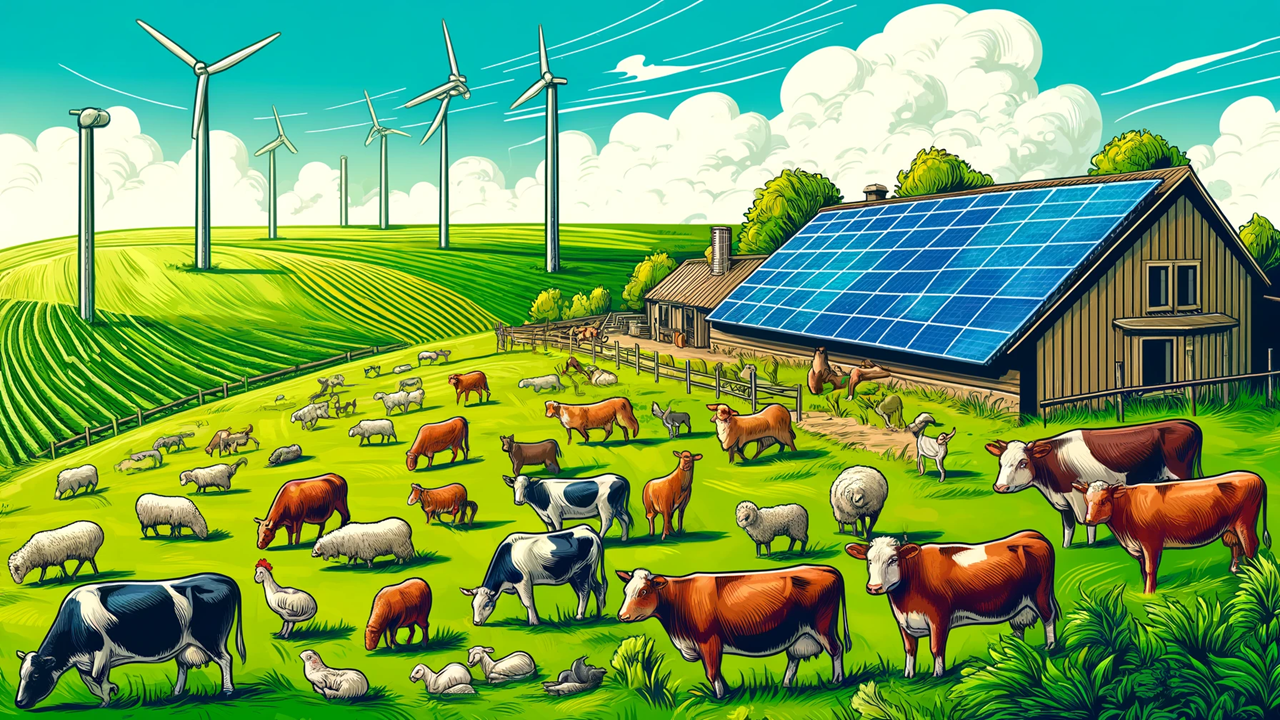The World Bank's Board of Executive Directors has approved a US$200 million (€186.5 million) loan aimed at improving productivity, reducing emissions of methane and other greenhouse gases (GHG), and enhancing climate resilience in the livestock sector of China's Gansu province.
Gansu's livestock sector is a vital part of the province's economy but also a significant contributor to rising GHG emissions, which drive climate change. The newly approved Sustainable Fodder Production and Low Methane Livestock Development Program-for-Results is designed to address this challenge by reducing the environmental and climate footprint of Gansu's livestock sector while boosting its productivity.
The program will leverage the World Bank’s global experience to introduce low-emission technologies and practices to Gansu’s livestock farms. These will include sustainable fodder production technologies, better animal health practices, and improved collection, treatment, and recycling of livestock manure. Together, these measures are expected to enhance productivity and increase the sector's resilience to climate change.
A key component of the program is the development of a Measurement, Reporting, and Verification (MRV) system. This system, along with technical standards and an incentive framework, will enable the scaling up of low-emission technologies and practices across the province.
“This program represents a unique opportunity to pilot a comprehensive set of measures, technologies, and practices that enable credible reduction and measurement of GHG emissions in the livestock sector while improving productivity for farmers,” said Mara K. Warwick, World Bank Country Director for China, Mongolia, and Korea. “As one of the first such Bank-supported operations globally, the program will provide an opportunity to generate important lessons for replication in other client countries. Additionally, the program supports the World Bank’s COP28 commitment to reduce methane emissions.”
The program will also focus on institutional strengthening, establishing the MRV system, and scaling up green product certification in livestock value chains, which will contribute to operationalizing and advancing China’s global public goods agenda.
The initiative aligns with China’s climate change commitments and supports the country's Long-Term Strategy and National Climate Change Adaptation Strategy 2035.
By implementing these strategies, the program aims to create a model that can be replicated in other regions, ultimately contributing to global efforts to combat climate change while fostering sustainable agricultural practices.











